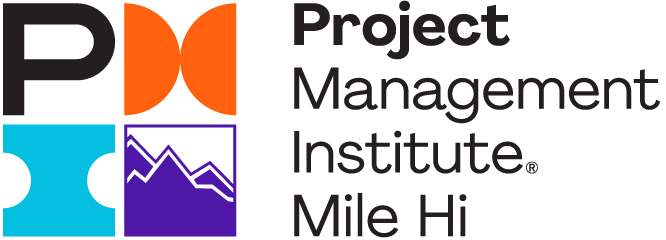18 August 2020 at 05:00PM
Time Management: You Can't Buy More Time
The Project Management Body of Knowledge 6th Edition speaks to time management in the Project Schedule Management process group. However, it is focused on the defining and sequencing of activities for a project. The PMBOK doesn’t address personal time management, likely because so much material already exists for improving personal time management. But many of the principles in the PMBOK are applicable to personal time management on a smaller scale.
Time Is a Valuable Resource
I would like to introduce you to the first guiding principle in this time management series: You Can’t Buy More Time. Think about that for a second. You can control the scope of a project, the timing of project activities, the amount of resources assigned, but you cannot stop the calendar. Until I can finally get my time-traveling DeLorean working,I have to acknowledge the fact that time is my most valuable resource. We have a fixed amount of time but how we chose to use it is up to us. On a side note, I acknowledge that scope, deadlines, and resources are typically controlled by project stakeholders.
Many organizations are running leaner and asking employees to be more productive with fewer resources. You may have a mountain of work because a position in your department was eliminated and you had to take on some or all of those duties. Or your company is acquiring or merging with another organization, and the process of bringing the organization together is creating more work for everyone. The unfortunate truth is that these factors are not going away. The overall pace of work in the workplace will likely continue to increase. Delaying, or sometimes not doing, low-value and low-priority work is critical to surviving in today’s workplace.
Focus on Value
But I’m too busy to think about time management! I have encountered several project managers in my career who confuse activity with value. They are very busy but create little value for the organization. They often schedule endless meetings but never with a published agenda or minutes. Another example is when your PMO has an extensive checklist that takes a significant amount of time to complete and maintain. Collaboration and organization are good, but did the project get done? Did you spend your time helping the organization meet its goals? I’m not saying that proper documentation and processes are not important. They are. Ask anyone who has taken over a poorly organized or documented project. Just make sure you have handled the more critical tasks to keep your project on track first.
The first tool I recommend is focusing on the top three tasks you need to complete each workday. You can implement this tomorrow. Make a list at the end of the previous day or the start of the current. Identify the three things you need to do to keep you and your team on track. Make sure to break larger tasks down into something you can accomplish in a day. For example, if you need to write performance reviews for your staff, you might write one per day or a section each day. Write down your top list items or record them digitally. Do not rely on your memory to maintain your list. More on this later in the series.
Knock Out Your Top Three Tasks ASAP
Get your top three things done as soon as possible each day. Don’t cherry-pick from your top three. Do them in the order you wrote them down and start your day by immediately knocking them off the list. If you start your day in daily stand-ups, consider starting 30-60 minutes earlier so that you can have quiet time to work through your list. If you are not a morning person, find time later in the day that you can reasonably not be disturbed. These tasks are probably not very fun, but getting them out of the way early in the day will ensure your critical tasks are done and will keep you from procrastinating.
As an example, one of your critical tasks may be getting a requirements change approved so that development can start. If the change is delayed, it won’t make it into the next sprint, and bad things will happen. You can’t approve the requirements change yourself, but you can make sure that an email or notification goes out ASAP. You can also be proactive by ensuring that the development team has reviewed and understands the requirements.
Time management is not a silver bullet to all your troubles. Your boss will still ask you to work on urgent tasks that you hadn't planned for. You will be interrupted because QA found an critical defect. That person you don’t like will still be annoying. But the overall level of stress should, hopefully, be reduced with the clarity of knowing you cannot create more time, but you can control how you spend it.
Related Information
Read additional blog posts in this series:
- Time Management: Too Many Messages!
- Time Management: Implementing a To-Do List
- Time Management: Calendars
Additional Resources
Interested in learning more about topics like this one? Check out upcoming events on our chapter calendar. Sign up for one of our upcoming meetings, roundtables, or workshops – a selection of which are virtual. Earn your PDUs through PMI Mile Hi Chapter!
About the Author
Jonathan Addair, PMP, is a volunteer with PMI Mile Hi Chapter and a practicing project manager.



